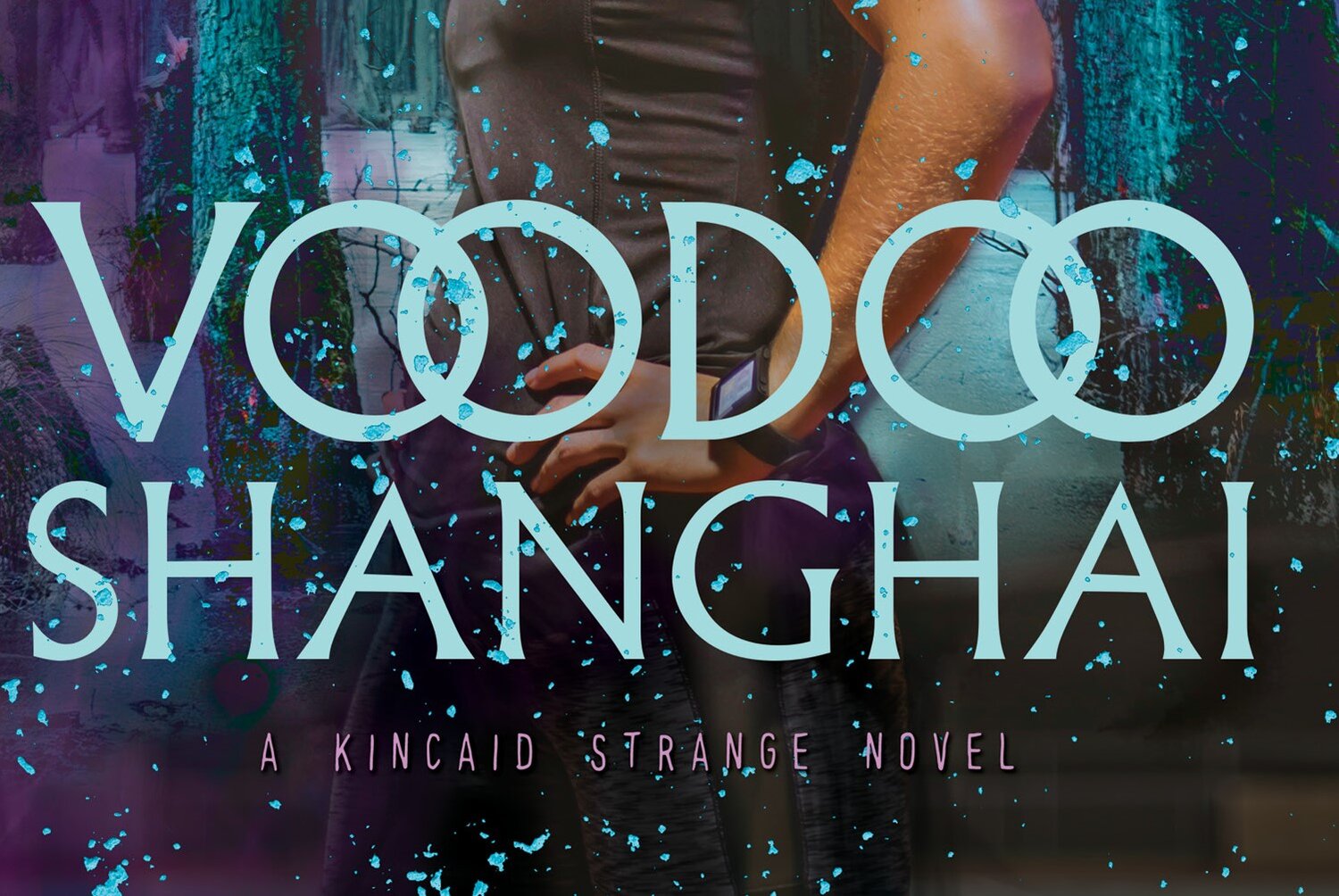The #1 New York Times and #1 Wall Street Journal bestseller! A five-hundred-year-old legend. An ancient curse. A stunning medical mystery. And a pioneering journey into the unknown heart of the world's densest jungle.
Since the days of conquistador Hernán Cortés, rumors have circulated about a lost city of immense wealth hidden somewhere in the Honduran interior, called the White City or the Lost City of the Monkey God. Indigenous tribes speak of ancestors who fled there to escape the Spanish invaders, and they warn that anyone who enters this sacred city will fall ill and die. In 1940, swashbuckling journalist Theodore Morde returned from the rainforest with hundreds of artifacts and an electrifying story of having found the Lost City of the Monkey God-but then committed suicide without revealing its location. Three quarters of a century later, bestselling author Doug Preston joined a team of scientists on a groundbreaking new quest.
So, did it live up to the promise of high adventure?
Kind of.
The beginning of this book is fantastic. Honduras is a fascinating place; between the Fer-de-lance snakes, necrotic protozoan parasitic infections (think a skin eating version of malaria) that preferentially attacks your face, drug cartels, dubious intents of local military escorts, helicopters and planes that maybe shouldn't be airborne, and having to smuggle the research equipment into Honduras - and that's not even touching the history of the place. Suffice to say, Honduras has a reputation for attracting trouble, both historically and in modern day. It is both tragic and riveting, and Preston paints a realistic picture of the issues faced pursuing archaeology in a difficult environment - both politically and environmentally. For the first half I couldn't put this down. For that alone I recommend grabbing this from your library or tossing an Audible credit it's way.
The second half, when the team gets together and they're looking for the lost city? Preston spends a lot of time detailing the behind the scenes politics and wrestling with the ethics of them being there. Should he be detailing the search for the lost civilization or should he be apologizing for trying? To his credit it's an interesting question; is this treasure hunting or archaeology? It's also a bit of a moot point. This was a National Geographic sponsored academic foray to look for evidence of a lost civilization and structures they may have left behind. To the general audience this book is aimed at, the ethics litmus test was already well and passed. The controversy and it's nuances are academic and became redundant as the telling progressed, and unfortunately I found it took away from the location, country, and civilization they were investigating. That was a shame because Preston has a unique perspective on the region and sensitively tries to paint a picture of the people who once lived there. It's a shame he dwelled so much on what boils down to an academic footnote.
Do I recommend this? For the first few chapters alone the answer is yes. Honduras has a history that attracts trouble. You might also find the in depth discussion of controversy fascinating so don't write it off for that reason alone. The end of the book which deals with the disease (no spoilers) that plagued almost all of the team including the local Hondurans is also fascinating.
Pass? If you aren't a fan of nonfiction to begin with, this isn't the book to start. I'd recommend Blackwater over this. Interested in the Lost City? Head over to the National Geographic coverage of the expedition - You'll get the short version and it has the bonus of pictures.
What do you think? Is looking for lost civilizations exploitation, necessary archaeology, a bit of both or some grey area in between? Also, tell me what you're reading!



